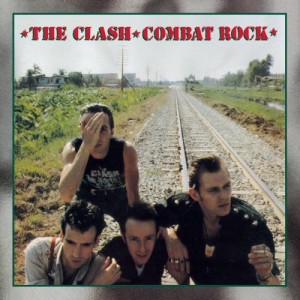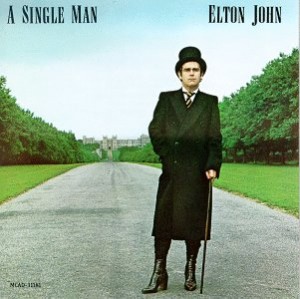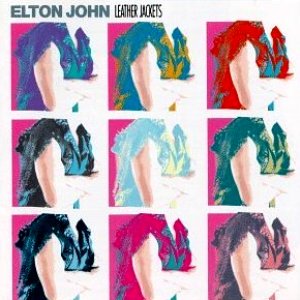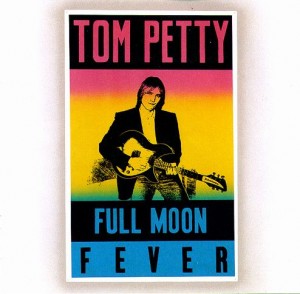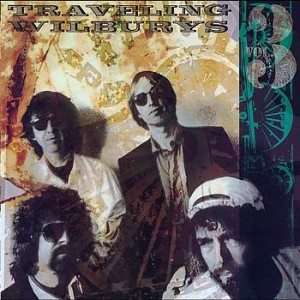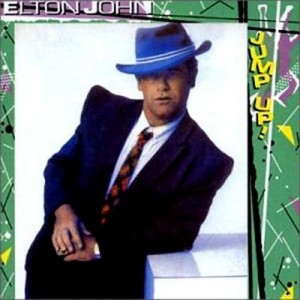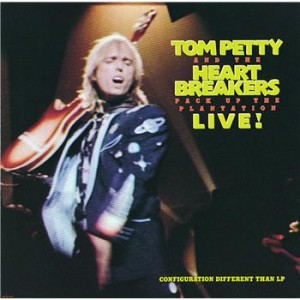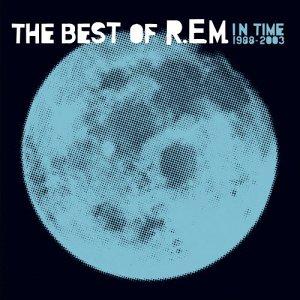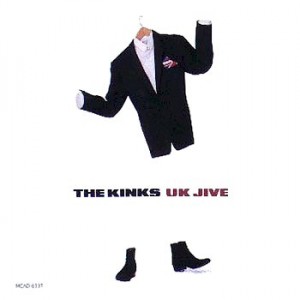
“UK Jive” Was A Major Commercial Failure When It Was Released In 1989.
An ignominious flop, “UK Jive” (1989) was the penultimate album The Kinks were to issue. It suffers from the problem that also bogged down The Who’s “It’s Hard” and several other ‘80s albums, namely just too much social observation in lieu of real melodies.
The biggest offenders are arguably “Entertainment”, a quasi-punk song that lacks all articulation and “War Is Over”, one meditation on war too many (and one lacking the brave wit of “Arthur” at that). The title track is also routinely derided, owing to its abusive ‘50s mannerisms (reminiscent of acts like Sha Na Na) and the sampling of the Who’s “My Generation” during the fade.
The rest of the album, now, is not really that unapproachable. “Aggravation” is heavy metal that works (unlike most of the cuts on “Phobia”, the final studio album by the band), as does the emotion-high “How Do I Get Close”. Granted, Dave’s riffing on that one is a bit predictable, but the song has a nice vocal arrangement and a great flow on the whole.
And “What Are We Doing” is a minor gem, if only because the melody somehow sounds so fresh. Maybe it is the punctual horns that keep things going, maybe it is the original rhymes Ray employs. The fact is the song just works, and it is one of the cuts that will drive you back to the disc.
I must admit I am not that thrilled by “Loony Balloon”, a shuffly number about the doomed fate of the planet. Maybe the problem is its actual duration – it is almost as long as “Aggravation”, but whereas the album opener intelligently combined many different sections (a la “Another Brick In The Wall), “Loony Balloon” is virtually five minutes of the same. And the first minute alone is not that engaging, the harsh truth be said.
I am, however, very keen on “Now And Then”. I think it is the one piece of effective observation yielded by “UK Jive”. The lyrics are not that much better than the ones offered on the songs that don’t cut it, but the stripped beginning which eventually gives way to a full flourish makes it stick clearer (and truer) in your mind. And the sardonic “Down All The Days” (a poke at the upcoming elections) is also a nice distraction. Continue reading

